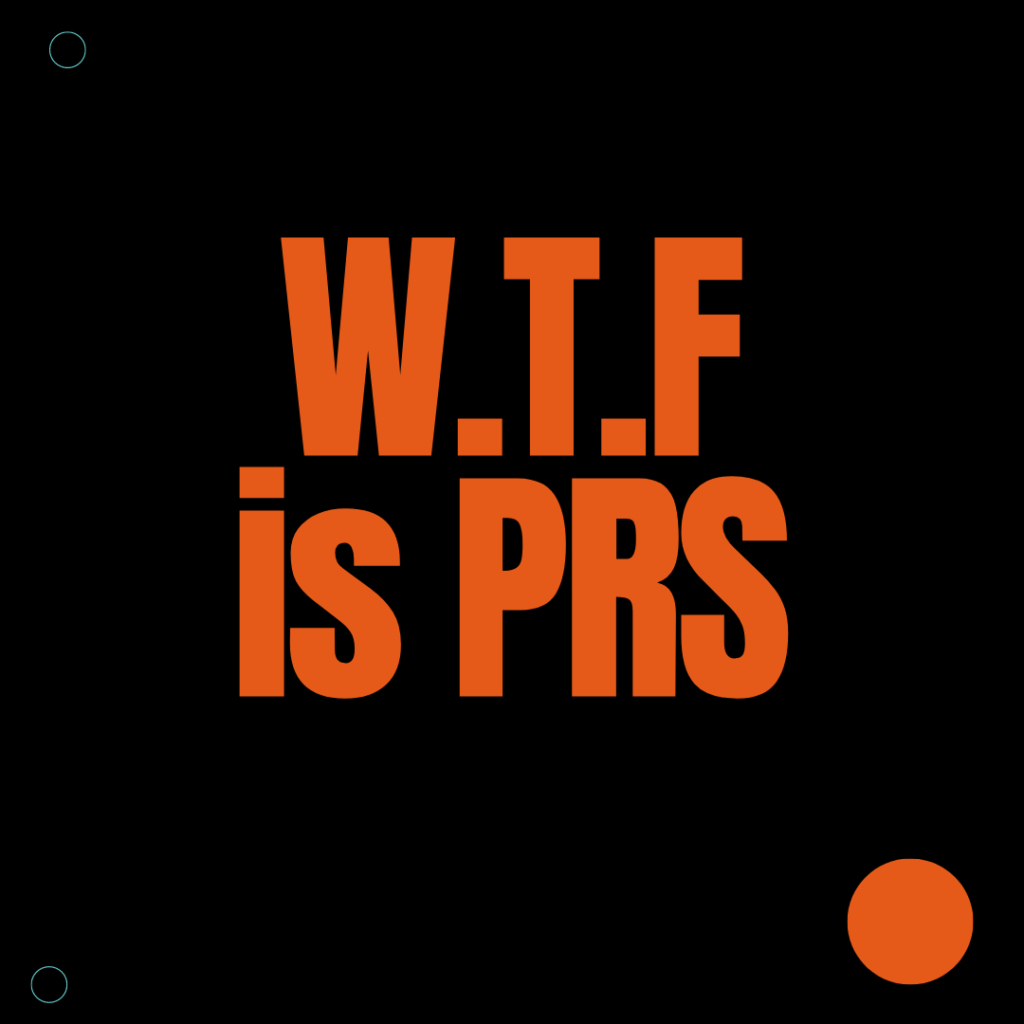
WTF is PRS
PRS (Performing Right Society) is a collection agency who pays royalties to their members when said members’ tunes are performed, streamed, reproduced, broadcast, downloaded, or played in film or on TV. But the money doesn’t roll in just when others play your music. Given that you’re a member, whenever you play a gig you’re paid by PRS.
Here’s what you need to know:
- You register your work into their database.
- If you co-wrote your song, PRS pay you a percentage decided by yourself (and your co-writer, don’t be selfish)
- Besides making money, it’s also a pretty simple way to register your music
- You are paid your money four times throughout the year- once in April, once in July, again in October, and once more in December.
- They have money thresholds (usually about £30), and if your collection of royalties hasn’t reached that amount, it will be withheld until the next payment.
- The payment is automatic, going directly to your bank account
- Different radio stations pay different amounts. For example, BBC Radio 1 pays £14.91 per minute your song is played, or £37.76 per full play. BBC Introducing only plays £0.74 per minute, or £0.93 for a full play through
- The amount paid based on your own performances depends on the venue.
- Register the performance via the self-reporting service on the PRS website
Currently, the membership fee for PRS is £100, but that’s not set in stone. It wavers a lot.
Also, let’s make one thing clear. PRS does not take a cut of your music money, the royalties are fully yours, PRS is funded separately from those. Each year, members choose whether to pay a flat rate, which is currently 4.8 percent of box office receipts, or to use a sliding scale that is based on the amount of copyright music being performed. This is currently up to eight percent of box office receipts.